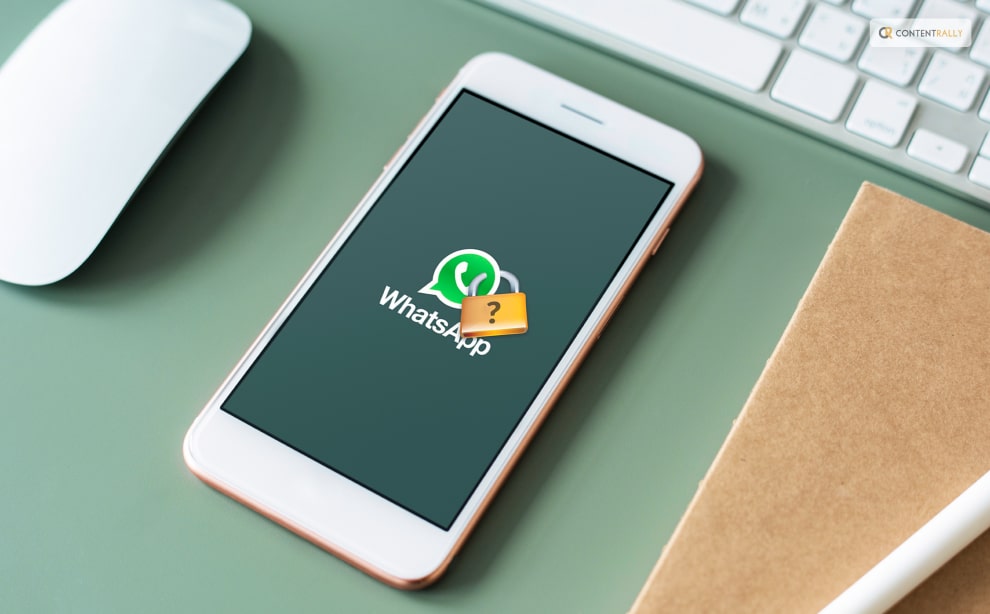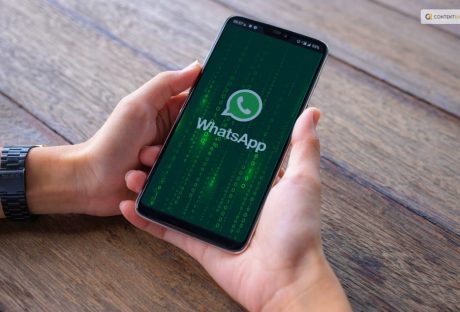WhatsApp has evolved from being just an instant messaging app to becoming a social phenomenon. It processes over two billion messages daily. However, despite its massive popularity, security experts have pointed out the app’s less-than-ideal security features. They have particularly the level of communication security it provides.
WhatsApp is constantly at the center of rumors and controversy. Is WhatsApp safe? In this article, we will debunk some of the myths surrounding WhatsApp and WhatsApp getting hacked.
WhatsApp And Hacking: Overview
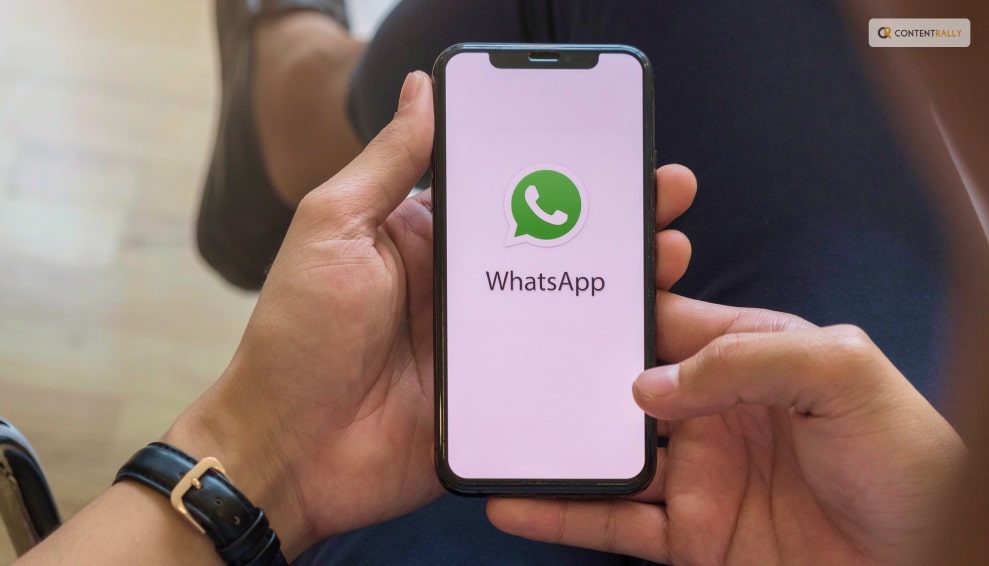
Before the latest updates, WhatsApp did not encrypt the messages that you used to send with the help of the platform. This made it easy for anyone connected to the same network to see messages that were sent. To address this issue, WhatsApp released a new version. It includes message encryption to ensure the security of user communications.
However, recent reports indicate that the encryption used is not strong enough, making it possible to intercept communications even with this new version. Moreover, it’s because the encryption code that WhatsApp uses for Android devices is an MD5 hash of a device’s IMEI number in reverse format. On iOS devices, WhatsApp generates encryption keys by duplicating the MAC address of the Wi-Fi interface and generating an MD5 hash.
It is partially true that WhatsApp is not entirely secure, intercepting and decrypting messages requires that the attacker is connected to the same Wi-Fi network as you. They will also need to know your device’s IMEI number and have enough computer knowledge to capture network traffic. This will help them calculate the MD5 hash of the IMEI number and decrypt messages.
By taking some basic security measures, you can continue using WhatsApp without compromising your privacy. One such measure is to avoid using WhatsApp on public Wi-Fi networks. For example, those found in airports or coffee shops, as these networks may not be secure.
Additionally, it’s important to use basic security measures on your Wi-Fi network to prevent unauthorized users from connecting to it.
Myth 1
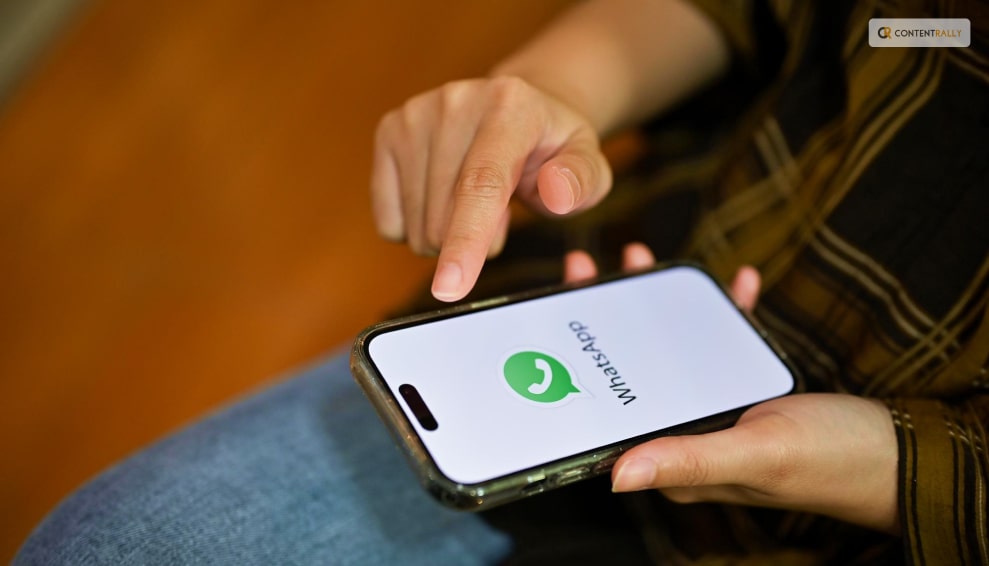
Banning WhatsApp can save you from recordkeeping fines.
Reality:
Firstly, there are numerous instances of businesses paying astronomical fines to authorities when their employees use WhatsApp in a non-compliant manner. Recent FINRA fines, where US regulators discovered that businesses had implemented ineffective channel blocks, brought this to light.
According to our 2023 Industry Insight survey, 59% of participants said their organization had outlawed the usage of WhatsApp and related apps. However, only 2.6% of respondents thought that outright banning would be a good idea. Besides, employees still use WhatsApp even after the channel is blocked, whether they like it or not.
This is due to a number of factors, including the app’s widespread use in daily life, its simplicity in texting, voice messaging, and attaching files. Furthermore, it also has a tendency for client-facing teams to use the apps that their clients prefer in order to streamline communication. Ban or no ban, teams will continue to communicate using WhatsApp. Companies that use it with non-compliance will continue to face fines from regulators. Is WhatsApp Safe? Yes.
Myth 2
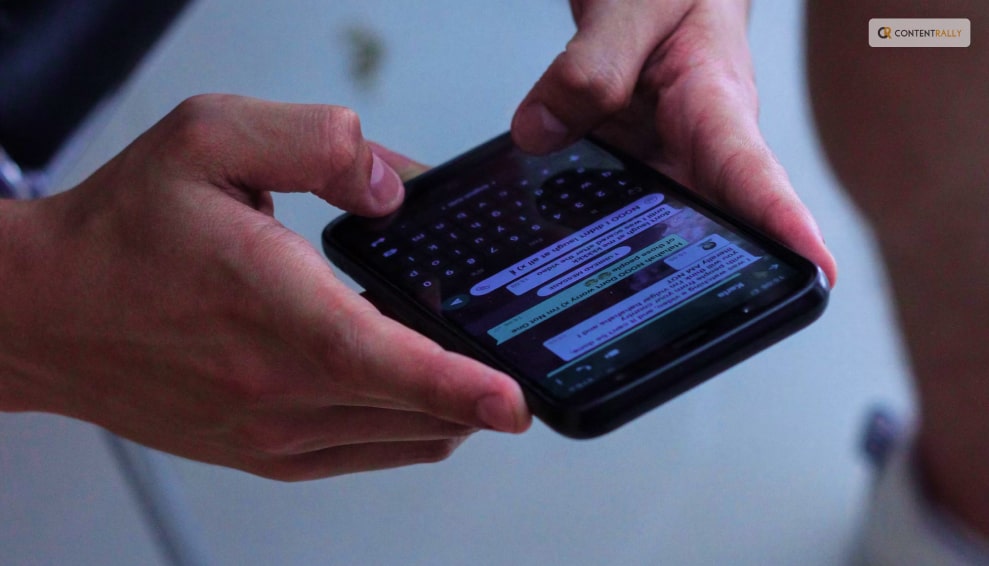
You don’t need a dedicated WhatsApp business account – sending personal chats is fine.
Reality:
Nothing about utilizing WhatsApp for business purposes should ever become personal. Regulators won’t view it that way, even though employees may believe it’s acceptable to speak with clients (or discuss business-related issues) via personal WhatsApp accounts.
This is due to the fact that messages sent through personal accounts are not recorded and kept in a messaging archive. This makes it impossible for regulators or internal auditors to review them to determine whether or not discussions and activities are appropriate.
Regulators detest few things more than irreversible data. The emphasis now clearly lies on individual accountability when it comes to utilizing private devices for illicit conversations. Your WhatsApp Business account includes a business number linked to it for a reason.
In other words, guaranteeing that conversations are documented in a compliant manner removes compliance concerns while allowing staff members to keep up connections with clients and contacts on their favorite platforms. Is WhatsApp Safe? Yes.
Myth 3
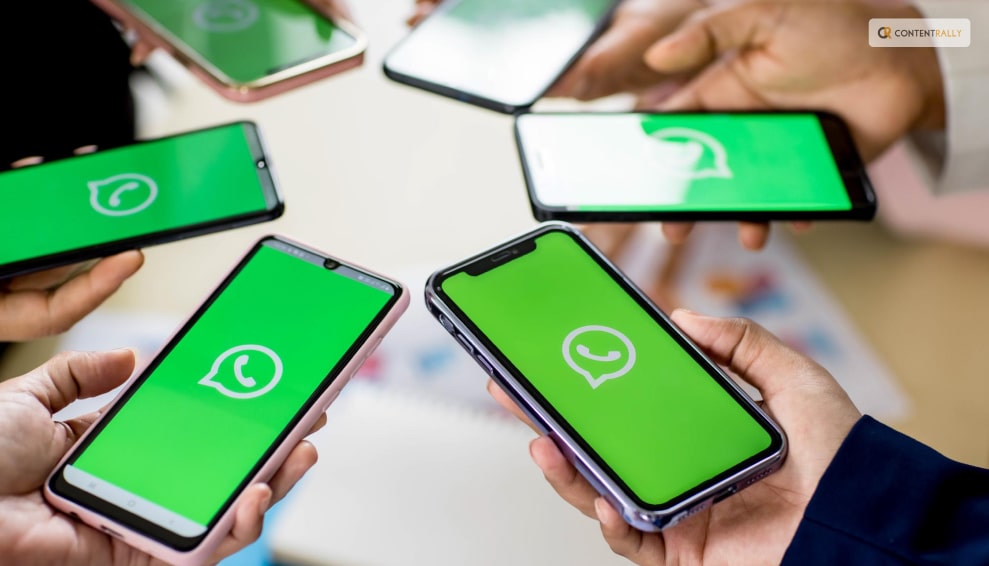
All WhatsApp data collection solutions are the same.
Reality:
Incomplete data may hamper compliance attempts. Besides, delays in investigations can arise from not knowing which messages are transmitted, to whom, or when. Regulators won’t condemn you or shrug their shoulders if you don’t know all the answers.
Some companies claim that their solutions for communications would guarantee that all of your data is safe. But message emulators, like”app wrappers,” and scrapers, have significant technical drawbacks. These third-party services can not guarantee completeness, and they may record all WhatsApp messages sent from a device, including private ones, or cause metadata loss.
Above all, due to insufficient data collection, you run the risk of regulatory fines and reputational harm. Additionally, using a solution with direct API connectivity with Meta is the only method to ensure complete data capture since it allows you to obtain your data directly from the source. Is WhatsApp Safe? Yes.
Myth 4
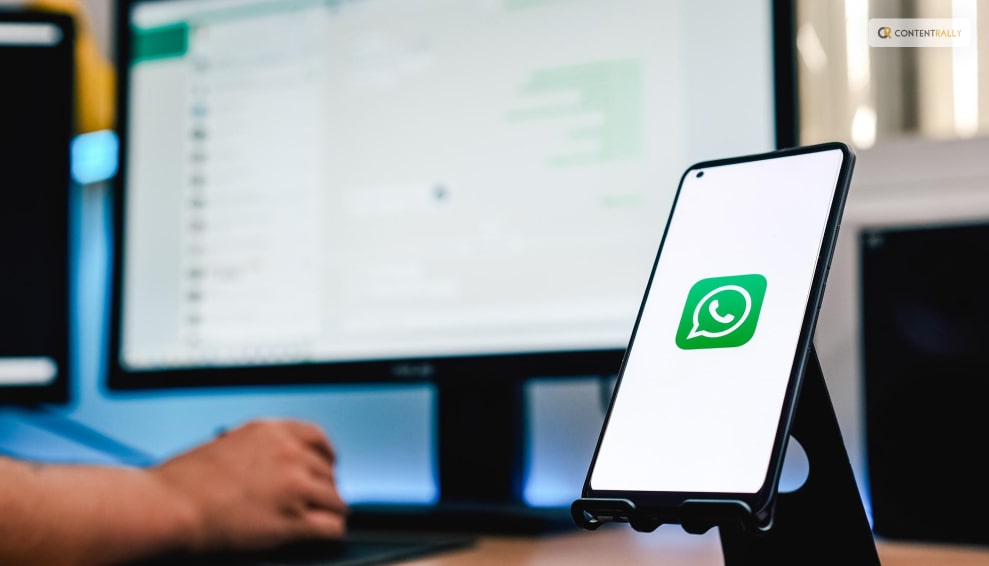
The collection of WhatsApp data through third-party APIs is a comprehensive and compliant collection.
Reality:
The likelihood of weak connections increases with chain length. Although it could save internal work, licensing your communications acquisition solution to several suppliers adds risk and might even be against your terms of service.
Operational concerns associated with third-party indirect API solutions include hacker assaults and infringements on user privacy and security. Your client information will be at risk if a data breach happens farther down the multivendor chain. Besides, they will still hold you legally liable for the resulting damages.
The solutions are integrated, direct, and end-to-end, preventing possible financial and reputational effects. It provides you full visibility and control of your data without having to worry about a cascading effect. All you need to do is enable it. Is WhatsApp Safe? Yes.
Myth 5
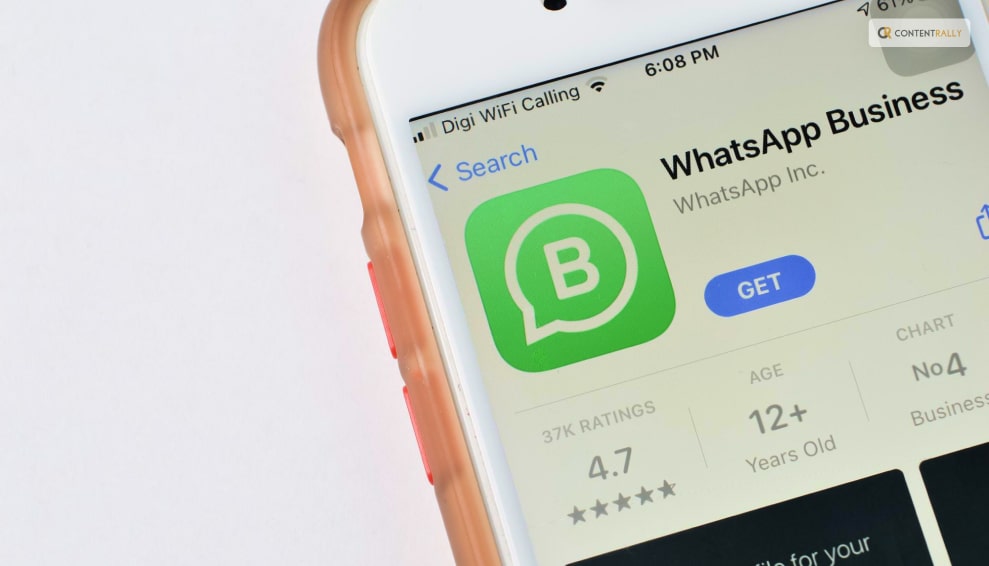
You can’t use WhatsApp for business communications – it’s just not compliant.
Reality:
Although it may appear impossible to use WhatsApp for business interactions due to all of these beliefs, the actual question is: can you afford not to? It’s quite likely that your teams have begun using it to communicate with your clients and that they will be utilizing it in the near future. However, it’s never easy to get employees to support compliance, so forcing them to give up WhatsApp or utilizing a completely new communication channel isn’t the best course of action. Is WhatsApp Safe? Yes.
Wrapping Up
In conclusion, organizations cannot bury their heads in the sand and rely on a risky third-party solution or channel ban, as authorities are adopting a zero-tolerance approach towards non-compliance. We now have a few options for folks who are trying to dispel the stereotypes and want to use WhatsApp for business.
If you have thoughts to share or want to know is WhatsApp safe, please leave a comment below. We would love to hear from you!













